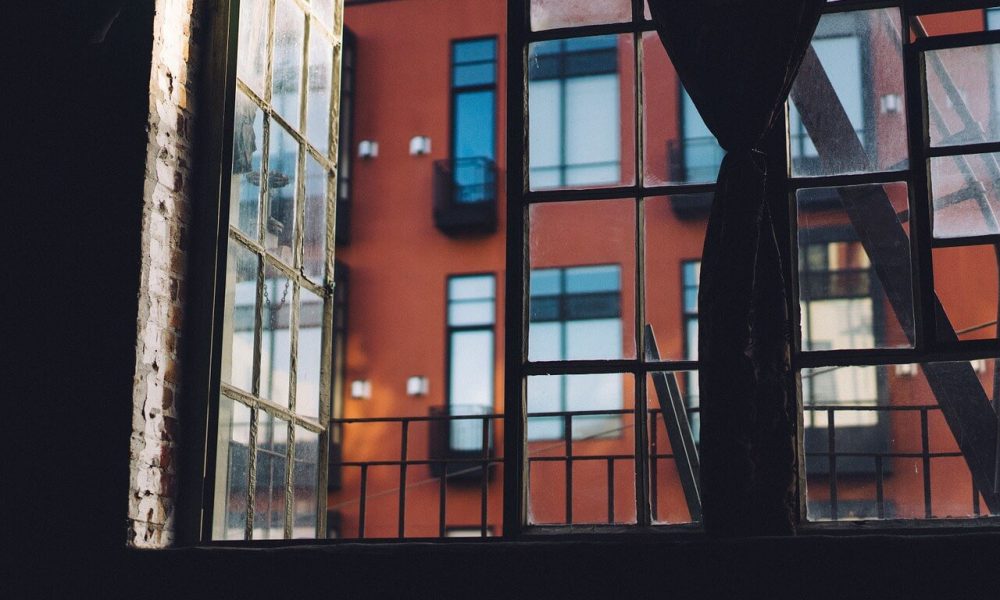If you live in a condominium, your condo association or building owner likely insures a portion of the structure with what’s often called a “master policy.” However, the coverage provided under such policies usually doesn’t extend to fully pay for damage within your unit.
For example, many master policies cover damage only to common areas, such as the roof, elevators and walkways, and just some of the interior of a unit, such as the walls. That means the remaining property damage is the responsibility of individual unit owners. Items that may not be covered by the master policy include:
- Floor coverings such as carpet and tile
- Electrical fixtures
- Appliances
- Cabinetry and counter-tops
- Upgraded items
Additionally, master policies do not cover damage to personal property owned by the unit owner or liability claims brought against a resident. To gain coverage for personal property and liability claims, you need a homeowners policy designed for condominium owners.
It’s important to note that state laws vary on how master policies and individual unit-owner policies apply in a loss situation. To best understand how a unit-owner policy works in your state, call your insurance agent today.



